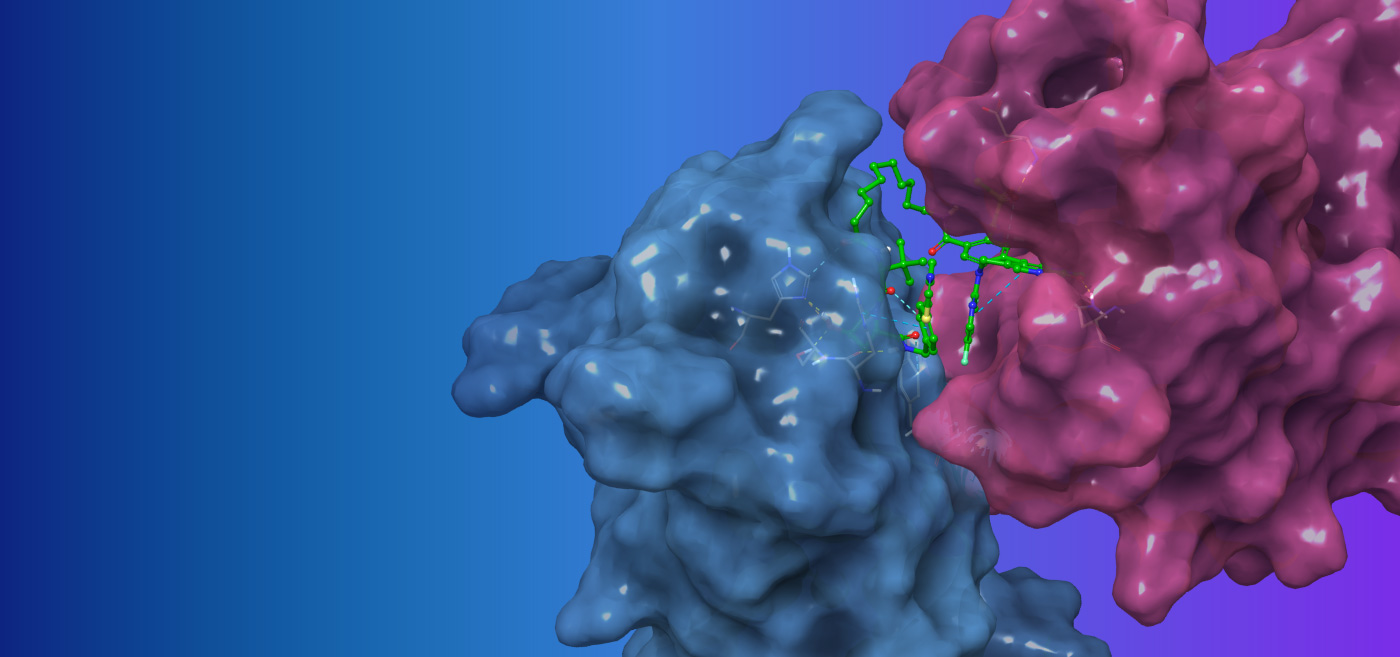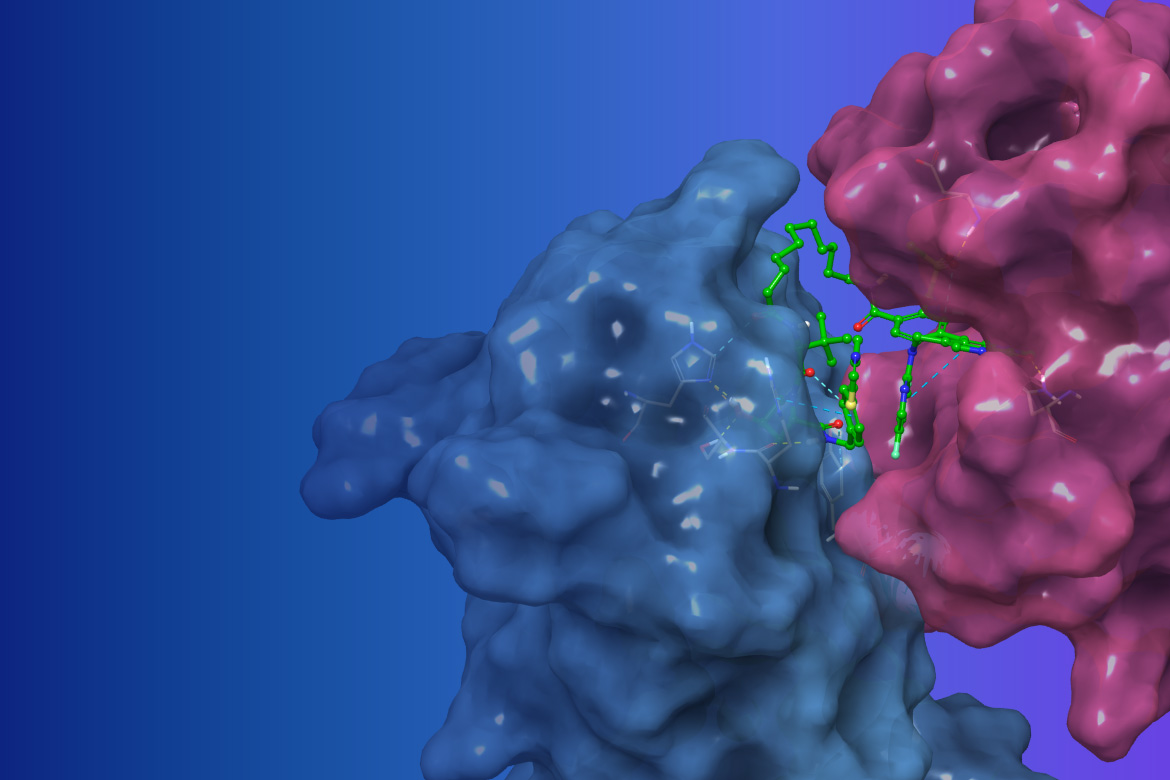


Part 1: One-stop degrader in vitro profiling
Targeting proteins for degradation therapeutically, as an alternative to inhibiting them, holds great promise for treating diseases in which pathogenic proteins are considered "undruggable" due to a lack of active sites for conventional small molecules. To discover such compounds, there are several challenges that need to be addressed to successfully facilitate and expedite TPD drug discovery. We’ll explore these challenges in more detail, as well as take a look at TPD platforms and how they can be effective solutions for resolving key issues.
Part 2: Chemistry synthesis service for PROTACs drug discovery
PROTACs (PROteolysis TArgeting Chimeras) have emerged as a new and promising modality in medicinal discovery, and research into their potential is currently a very active area. A PROTAC is a heterobifunctional molecule that consists of a protein-of-interest (POI) ligand and an E3 ubiquitin ligase (E3) recruiting ligand, connected by a linker. Learn more about the synthesizing of PROTAC molecules, the latest tools and strategies for making this work more efficient, and how this can lead to faster drug discovery.
 Watch On-Demand
Watch On-Demand

The Nobel Prize in Chemistry 2004 was awarded jointly to three Scientists "for the discovery of ubiquitin-mediated protein degradation".
Arvinas, the pioneer company using PROTACs in drug development, advanced the first PROTACs-based drugs (ARV-110) into an initial clinical trial in 2019.
PROTACs (PROteolysis TArgeting Chimeras) have brought great hopes for making “undruggable targets” druggable in the potential new therapeutic strategy. PROTACs are referred to the synthetic heterobifunctional molecules, which contain a ligand for the target protein, a linker that recruits an E3 ubiquitin ligase for ubiquitination-mediated and proteasome-dependent protein degradation.
We have worked on PROTAC molecules since 2015, having collaborated extensively with MNC, Biotech/Biopharma, startups and academic institutions around the world.
We have synthesized and scaled-up (to grams quantity) 1000+ PROTAC molecules, with deep expertise in PROTAC chemistry, including linkers and E3 ligase binder design and synthesis. We have also established a comprehensive biology evaluation platform for mechanistic studies of PROTAC/TPD with more than 30 assays to investigate all cellular events associated with PROTAC/TPD. We have strong expertise in building de novo HiBiT cell lines (> 40 HiBiT and NanoLuc cell lines built internally).